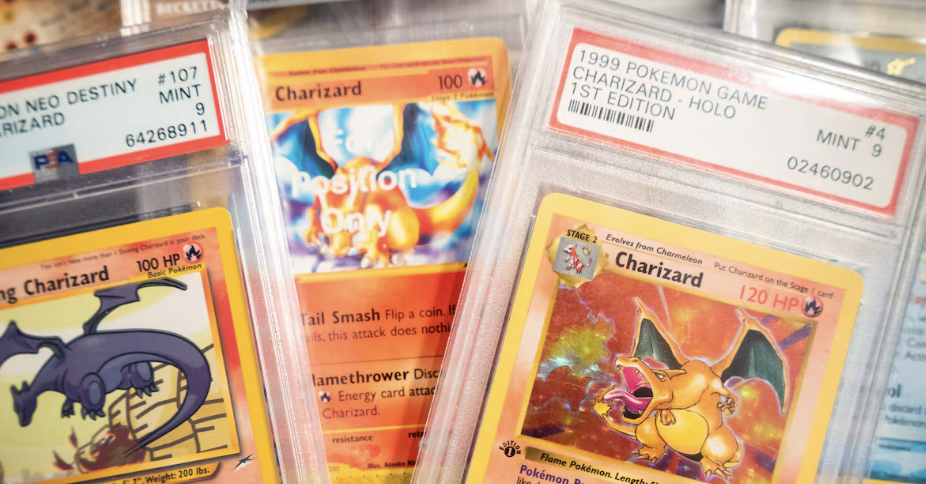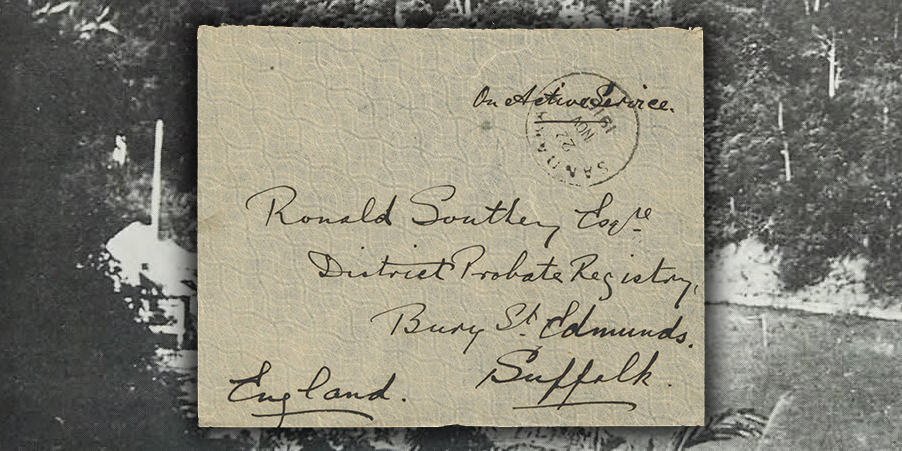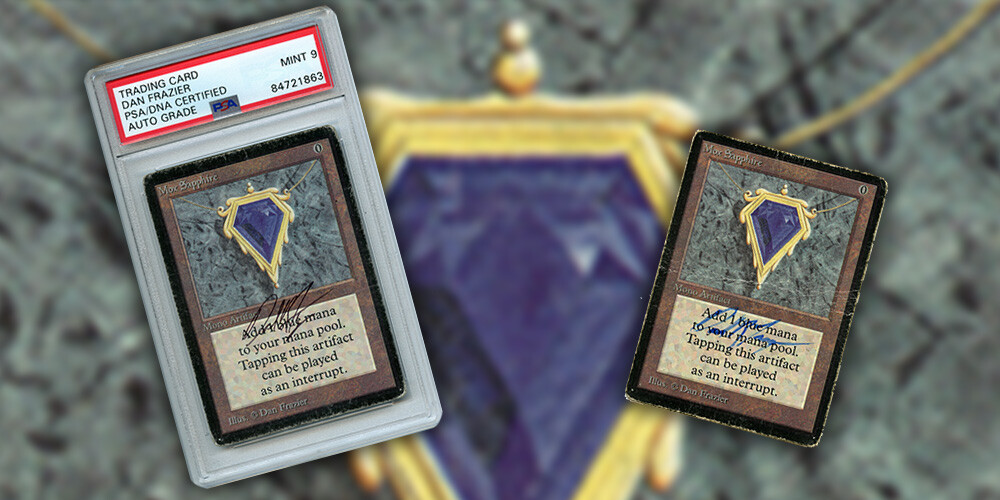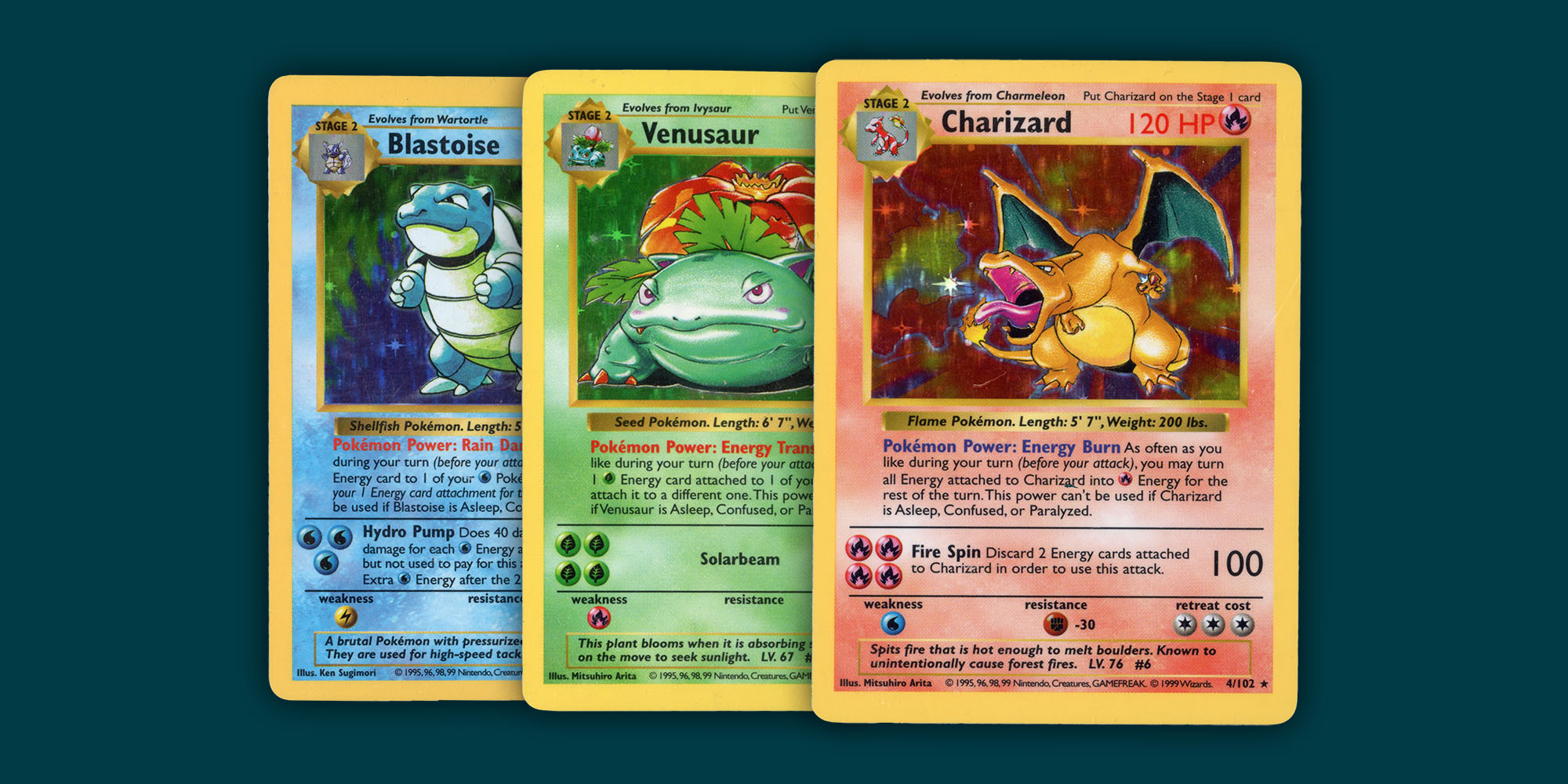Grading TCG cards is a sensible way to protect your card and potentially increase its value. Roy Raftery from SGB Auctions shares a few things to consider before spending your hard-earned cash with a grading company.
1. Determine the General Value of Your Raw Card
Before deciding to grade your card, it’s essential to know its current market value in both raw and graded forms. Websites like TCG Player and eBay are great resources to compare prices. While raw cards can hold value, graded cards generally fetch higher prices, especially in top condition. Using Cardbase to track recent sales data can give you an accurate market value of both raw and graded cards.
It’s also a good idea to browse auction sites for recent sales of similar cards, as auctions can reveal what buyers are willing to pay, particularly for rare or highly sought-after cards. Understanding the price difference between raw and graded cards is the first step toward making an informed decision.
2. Check the Condition and Authenticity
Card condition is the single most important factor in determining a high grade. The most common aspects to check include:
- Centring: Are the borders around the card’s artwork evenly spaced? Misaligned centring can hurt the grade.
- Corners and edges: Any whitening, bends, or wear will result in a lower score.
- Surface: Scratches, indentations, and dents are red flags.
- Authenticity: Confirm that the card is genuine. Counterfeit cards often have incorrect numbering or slight variations in material and print quality. A thorough inspection before sending a card off is crucial, as fake or altered cards will not receive a grade and can waste time and money.
3. Validate Assumptions with an Expert
Before paying for a professional grade, sense-check your findings with an independent expert. Stanley Gibbons Baldwin’s offers free evaluations, giving you a trusted professional’s perspective on your card’s condition. They can often spot minute flaws you might miss and verify authenticity. Having this expert check is crucial, especially if you suspect your card may not meet the criteria for a high grade, such as 7 or higher.
4. Is 7 the Magic Number?
When it comes to TCG cards, achieving a grade of 7 or higher is generally when the card's value exceeds its raw counterpart, even when factoring in submission costs. A 7 is typically the benchmark where graded cards begin to significantly outshine ungraded versions in value.
However, if a card grades below 7, the added value might not cover the cost of grading, meaning you could potentially lose money. This is why having an expert pre-check your card is vital. An experienced eye can give you a realistic expectation of whether your card will reach this threshold. It's always better to be certain you're submitting a card with good grading potential, rather than taking the risk of a disappointing 6 or lower.
5. Send Off to a Reputable Grading Company
Once you’ve confirmed your card is worth grading, select a reputable grading company. CGC is known for their thorough and trusted grading process, and Stanley Gibbons Baldwin’s can guide you through the submission process. In some cases, they even subsidise grading fees, making it more accessible and reducing the risk.
One added benefit of professional grading is the protection a slab provides. When a card is graded, it is encased in a tamper-proof, hard plastic case, protecting it from physical damage, environmental wear, and counterfeiting. This slabbed card is not only a valuable collectible but also highly marketable to potential buyers.
6. Enjoy the Excitement of Selling at Auction
After your card is graded and encased in its protective slab, it’s time to sell! Auctions provide a streamlined process for getting your card in front of eager buyers. With Stanley Gibbons Baldwin’s, you don’t have to worry about the logistical side of selling, such as finding buyers or navigating the complexities of different platforms.
Selling through auction can often lead to competitive bids, maximising your card's value. Plus, you avoid the hassle and risk of direct sales. No need to worry about mishandling, disputes, or lost cards—it's all handled by professionals.
Grading your TCG cards can unlock significant value, providing protection, authenticity, and market appeal. But before taking the leap, assess the card’s condition, seek advice from trusted experts, and ensure that grading will offer a return on your investment. With a bit of diligence and professional support, you’ll soon enjoy the thrill of seeing your cards achieve top grades—and top prices at auction!
If you're considering grading and selling your cards contact the SBG Auctions Team or submit your items for initial valuation here ↗️




-1-1.jpeg)
